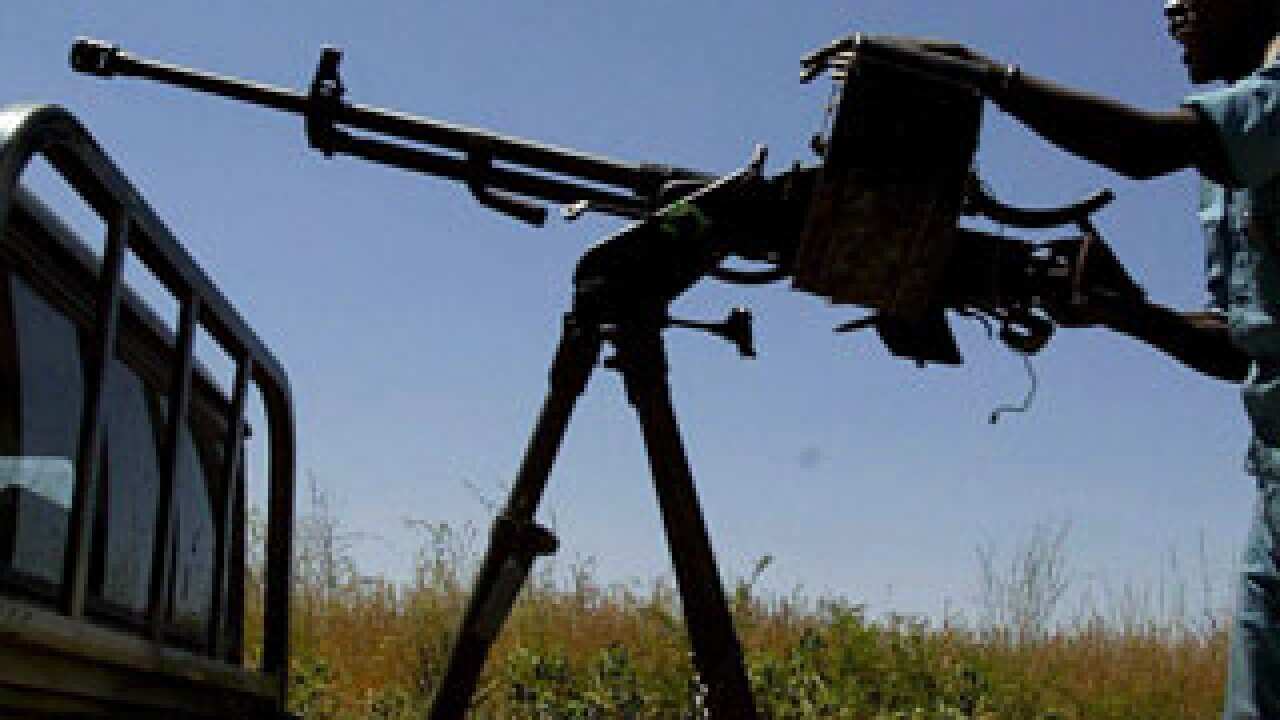At least 50 people were killed in fighting in south Sudan's Upper Nile state, more than double an earlier toll for the revolt by militiamen refusing to turn in heavy weapons, officials said Sunday.
Thirty people died in the remote but key oil-producing areas of Paloich and Melut, following clashes in the state capital Malakal where the violence broke out.
"There were 11 people who died in Paloich, and 19 in Melut, as well as many casualties," said Akuoc Teng Diing, Melut's county commissioner. "The situation was very bad but it is now under control, there is no more fighting there."
Those casualties add to the 20 people who were killed in Thursday-Friday fighting in Malakal that southern Sudan's army reported on Saturday.
No casualty figures were immediately available from Maban, another remote area where clashes have been reported.
The fighting around Malakal airport was sparked when loyalists of Gabriel Tang, who commanded a pro-Khartoum militia during the 1983-2005 civil war between north and south, refused to surrender their heavy weaponry.
The former militiamen are deployed alongside regular northern troops in so-called Joint Integrated Units (JIUs) with southern forces that patrol the town under the 2005 peace agreement which ended the civil war.
But the units in reality are far from integrated and the component elements effectively operate as separate forces.
The northern troops are shifting their equipment back home as the south gears up for its expected international recognition as an independent state in July following its overwhelming vote for secession in a landmark referendum.
But the ex-militiamen, whose roots are in the south, want to keep hold of their units' weaponry and have put up fierce resistance to their redeployment.
"The situation is now calm in Malakal, and the SPLA (southern army) have deployed to ensure the fighting does not begin again," said state information minister Peter Lam Both.
The Joint Integrated Units deployed in sensitive areas such as Malakal are due to be phased out in July when the interim arrangements set by the 2005 peace accord come to an end.
Share

